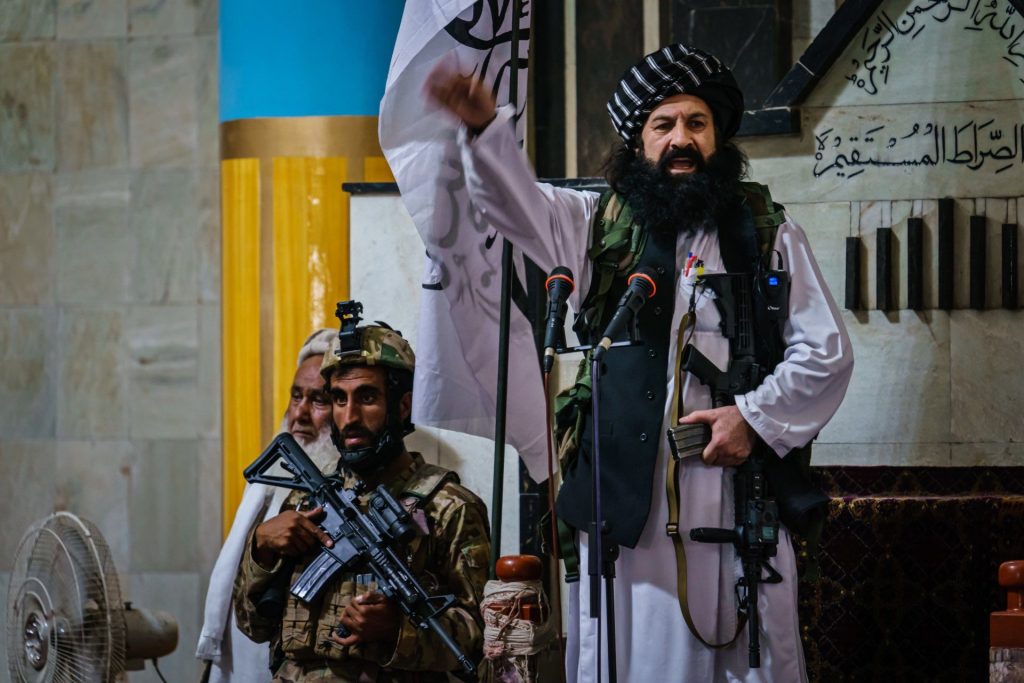Khalil Haqqani’s Death: A Turning Point for the Region
The death of Khalil Haqqani, a prominent Afghan leader, has stirred debate across Pakistan and Afghanistan. Known for his efforts to address shared issues like refugee repatriation and regional stability, Khalil Haqqani was a significant figure in Pakistan-Afghanistan relations. His death not only leaves a void in diplomatic efforts but also exposes underlying tensions within Afghanistan’s leadership and the challenges of regional politics.
For updates on regional developments, visit our Afghanistan News section.
Khalil Haqqani’s Contributions
Refugee Repatriation
Khalil Haqqani worked to address the complex issue of Afghan refugees residing in Pakistan. Advocating for their safe and dignified return, he sought to resolve one of the region’s longstanding humanitarian and political challenges.
Regional Stability
Haqqani was vocal about the destabilizing effects of groups like the Tehrik-i-Taliban Pakistan (TTP). His stance on preventing cross-border terrorism aligned with broader regional goals of peace and security.
His efforts, while appreciated by some, were also viewed with suspicion by others, particularly within factions of Afghanistan’s leadership.
For insights into security challenges, visit our Pakistan News section.
Internal Divisions in Afghanistan
Khalil Haqqani’s progressive views often placed him at odds with certain policies of the Taliban leadership, particularly those of Haibatullah Akhundzada. His criticism of restrictions on girls’ education and other conservative policies highlighted ideological divides within the Taliban.
These divisions raise questions about the stability of Afghanistan’s governance and its ability to address pressing regional and domestic issues. Khalil Haqqani’s death underscores the complexity of balancing progressive policies with entrenched traditional ideologies.
The Role of Misinformation
The aftermath of Khalil Haqqani’s death saw a surge in propaganda and misinformation. Social media platforms, reportedly linked to various regional entities, shared doctored images and misleading narratives.
This wave of misinformation highlights a growing challenge in the digital age: distinguishing fact from fiction. Propaganda not only muddies public perception but also distracts from identifying the real causes and consequences of events like Haqqani’s death.
For more on the role of media in shaping narratives, visit our Opinions section.
Broader Implications for the Region
Khalil Haqqani’s death has broader implications for Pakistan-Afghanistan relations and regional stability.
1.Pakistan-Afghanistan Dynamics
His efforts to foster cooperation between the two nations will be difficult to replace. Moving forward, both countries must prioritize dialogue and mutual understanding to address shared challenges like terrorism and refugee crises.
2.Internal Challenges in Afghanistan
The internal divisions within Afghanistan’s leadership, highlighted by differing policies and power struggles, risk further destabilizing the region. A unified approach is necessary to build trust and ensure effective governance.
3.Hybrid Warfare and Propaganda
The rise of misinformation campaigns following Khalil Haqqani’s death demonstrates the influence of hybrid warfare in shaping regional narratives. Tackling this challenge requires collaborative efforts from all stakeholders.
For ongoing updates on regional developments, visit our Ground Zero homepage.
Final Thoughts
The death of Khalil Haqqani marks a significant moment for the region. While his contributions to fostering Pakistan-Afghanistan cooperation and advocating for progressive policies are widely acknowledged, his loss also exposes the complexities of regional politics and internal divisions within Afghanistan.
As both nations navigate this turning point, a focus on dialogue, stability, and combating misinformation will be essential for ensuring long-term peace and cooperation.


